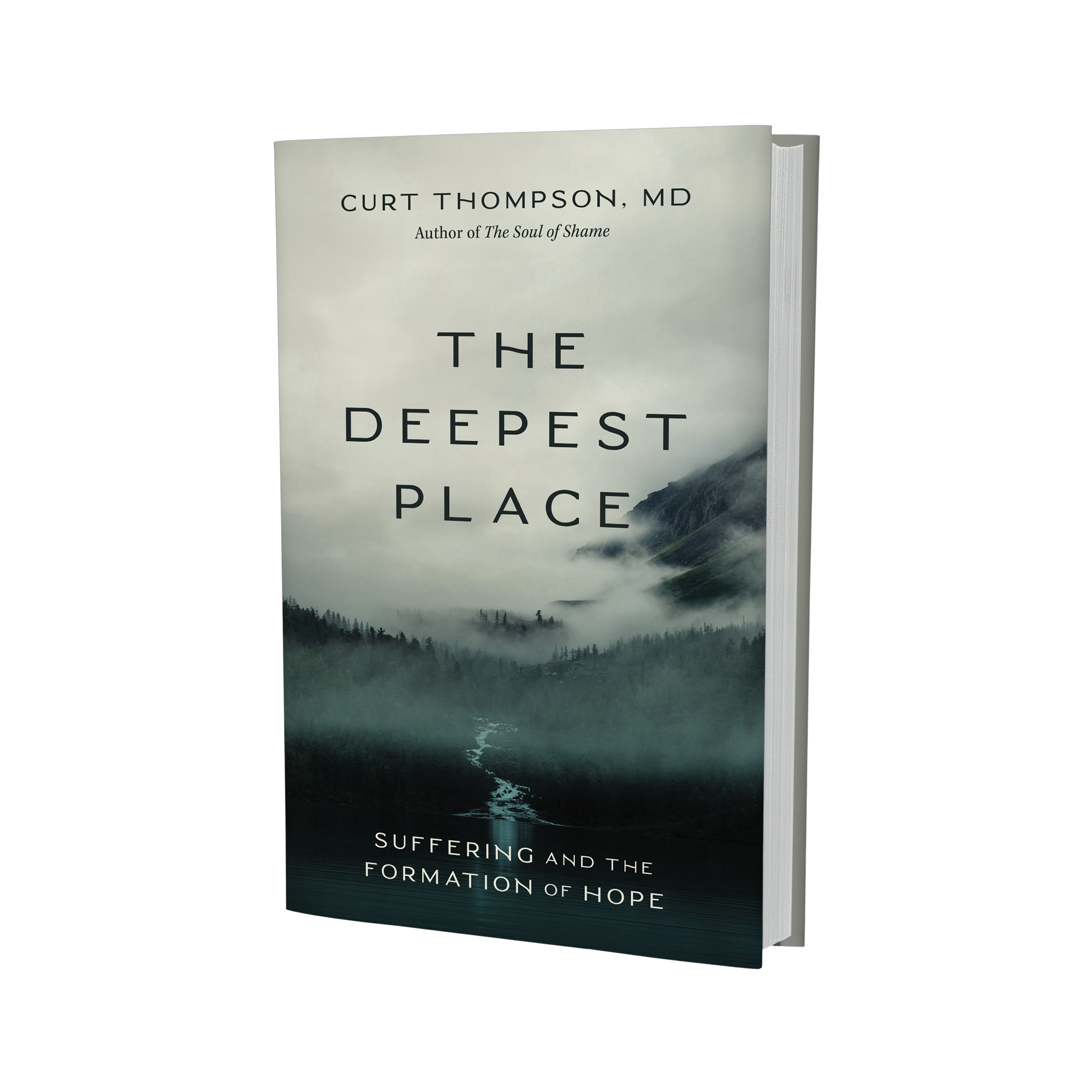Yes!–And No.
In these last days of September I think about all the things that have commenced this past month. A new academic year. Autumn. More traffic in my neck of the woods now that people are back from August’s vacations. Election campaigning in earnest. There are many things to which this month has been one to which we have said “Yes.” Or in the case of the things we dearly love, we have said, “Yes!!” Speaking of loving and being loved, “Yes!” is the word we sometimes tacitly accept as most reflective of that experience.
In fact, we currently live in a culture in which we are at pains to imagine that love could possibly offer anything but “yes” as the answer to anything we desire which we perceive as good. This extends to our impressions of God. We would be hard pressed to imagine a God whose love is anything but kind, generous, empathic, and welcoming. No doubt, we know he hates injustice, arrogance, abuse, and any number of other social or personal ills we might easily name. But we are not as seamlessly able—or willing—to imagine that God would ever say “No,” as an explicit function of his loving us.
But then, there’s the brain. It turns out that a significant portion of the neuronal activity of the brain is committed to the process of restraint. A great deal of our brain works on our behalf in the service of saying “No.” Imagine all of the things that you think that you choose not to say (well, most of the time). And the impulsive actions that would surely cause more harm than you would like were it not for your willingness to say “No.” Once we begin to think about it, the number of items to which we say “No,” to in a given day is virtually countless. Again, love is as much about no as it is about yes.
And then, there’s the whole Garden of Eden story. I figure that if God really didn’t want anyone eating of the Tree of the Knowledge of Good and Evil, he could have planted and hidden it among thorn-laden bushes so thick you couldn’t get through them, about one hundred miles due west of where anyone could have discovered it. Adam and Even would have found it much easier to obey, it would seem to me.
But that’s not what God did.
Rather, he planted it in the very center of the Garden, right next to the Tree of Life. Right in the core of God’s entire expansive “Yes!” was his emphatic… “No.” It would seem that God’s love is as much about the centrality of “no” amid the vastness of his “yes.” No wonder that the very places in which God has been saying “No.” to me are the very places in which I most desperately want him—want someone—to say “Yes!” Hence, it then comes as no surprise that at the core of what we often construct as our presumed identities, those things for which our fantasies so long and so create to which the culture around us invariably will say “Yes!”—we find God saying “No.” For as it is with the brain, “No,” is every bit as important of what it means for us to love and be loved as is “Yes.”
And as it turns out, there are many moments in our lives in which it is only when we are willing to hear and respond accordingly to God’s “No.” that we begin to enable our minds to be pruned, disciplined and made maximally ready not only to hear but to act with joy in response to his “Yes.”
Where are the domains of your mind, the elements of your identity, in which you suspect you hear God’s “No,” but feel overwhelmed with what seems like the implications of carrying out such restraint? As you have seen in this space before, he does not expect us to do this alone. For it is only in community that we are able to do those things in life that require the greatest degree of sustained courage, including saying “No,” to what we most deeply long for, but to which God bids us to show restraint.
The good news about the Gospel—and about the brain—is that with the practice of saying “no” in the middle of the vastness of God’s “yes” we co-create with God the space necessary for the very integration—the very goodness and beauty—for which we so hunger and thirst to emerge. This is not easy to do—I know it’s not for me—but when we practice this together, we find that the joy of new creation is waiting for us at the end of our effort. I hope you will join me in this part of the work of renewing our minds; I know I don’t want to do it alone.
I have but one request: please don’t say no.
